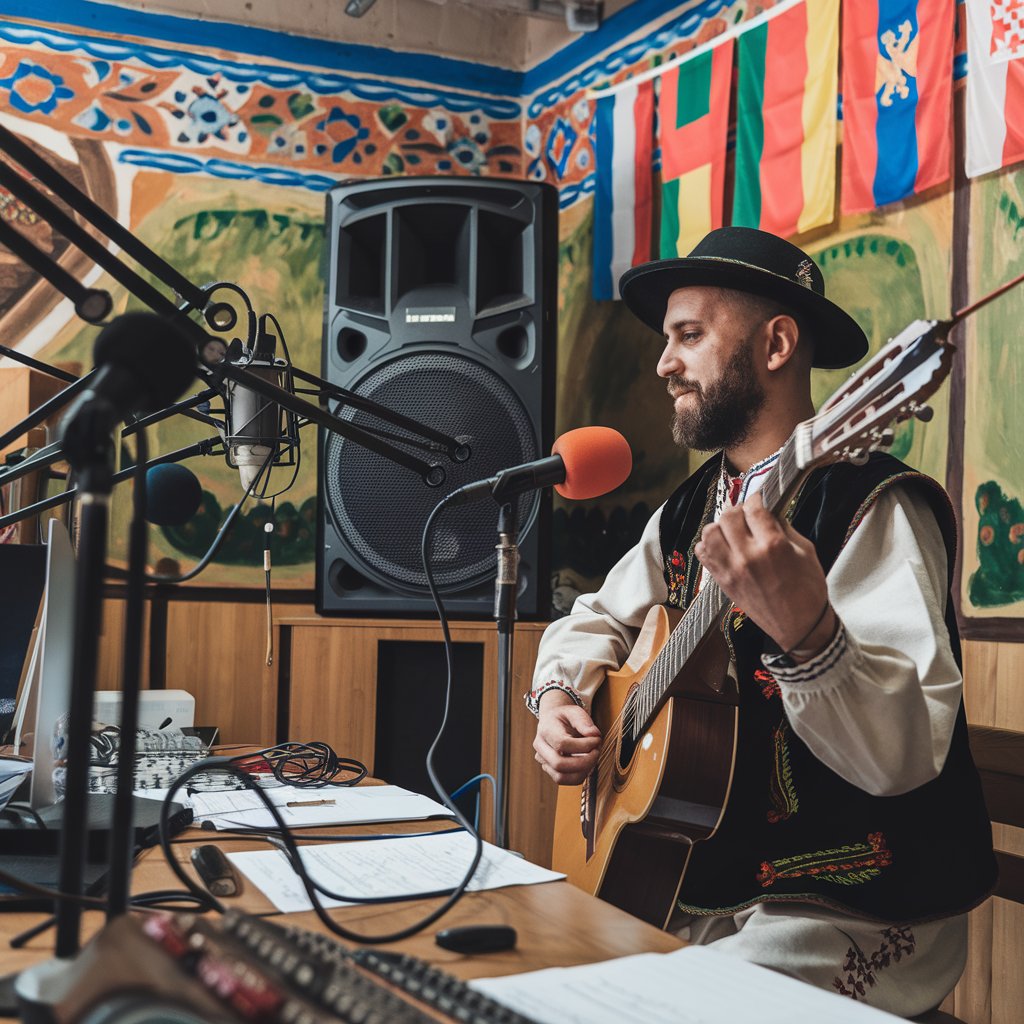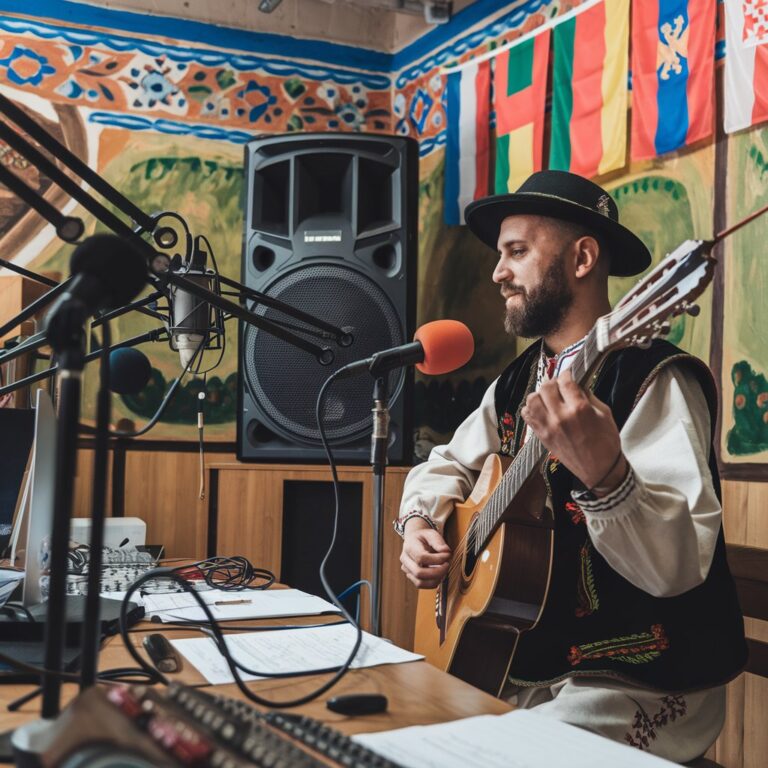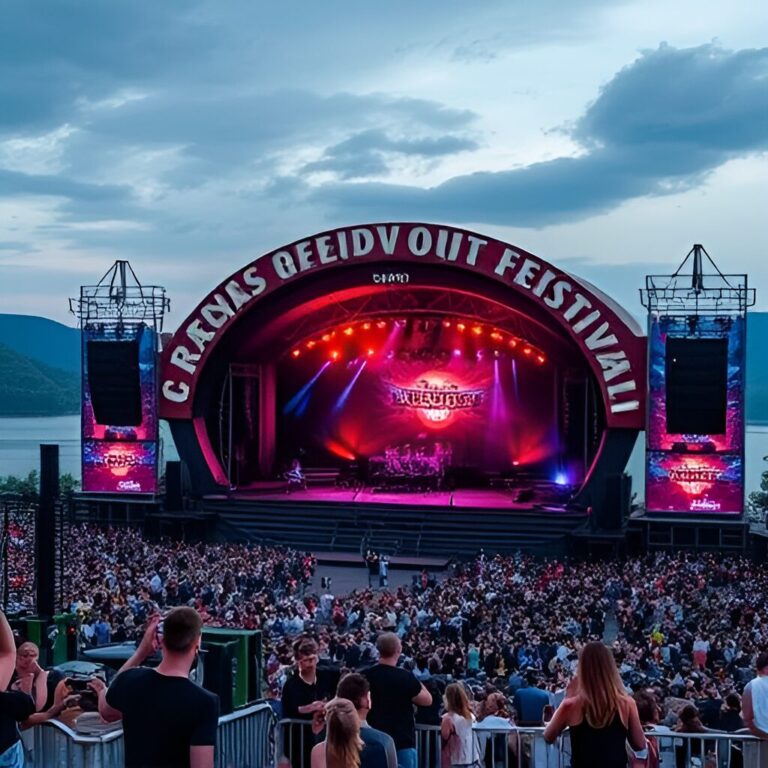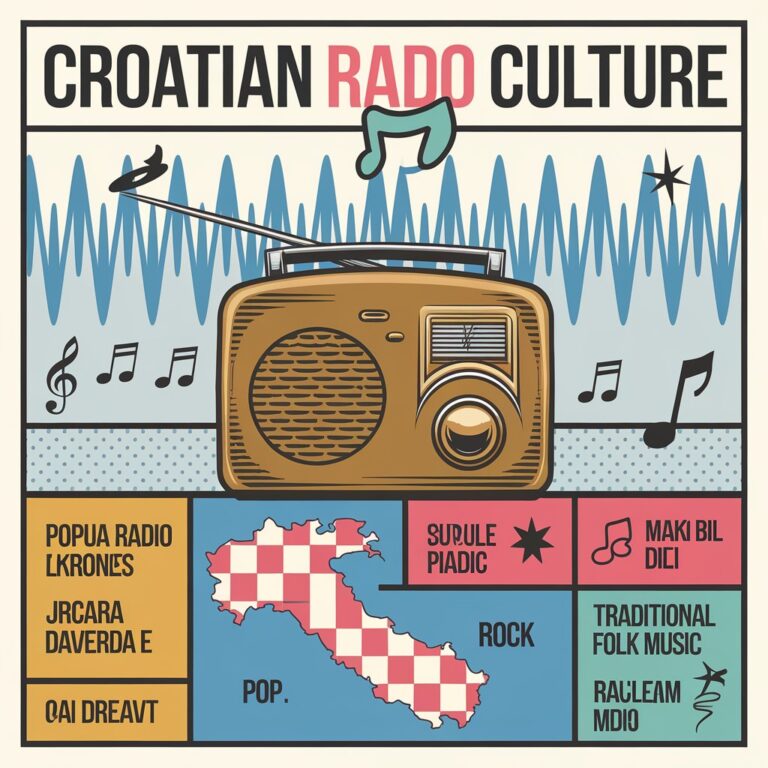In the vibrant tapestry of the Balkan region, folk music holds a special place, representing the heart and soul of its diverse cultures. Balkan radio stations play a crucial role in preserving and promoting these musical traditions, ensuring that the rich heritage of folk music continues to thrive. This article explores how these radio stations serve as a lifeline for folk traditions, connecting listeners with their roots while fostering a sense of community.
The Historical Role of Radio in the Balkans
Radio has been a significant medium for communication and entertainment in the Balkans since its inception. During the turbulent times of the 20th century, radio stations became crucial for sharing news, music, and cultural content. Today, many stations continue to broadcast folk music, ensuring that traditional songs and stories are accessible to all.
Preserving Cultural Heritage Through Broadcasts
Balkan radio stations curate playlists that celebrate folk traditions, showcasing a diverse range of genres from sevdah to kolo. These broadcasts not only entertain but also educate listeners about the cultural significance of each song. By including interviews with folk musicians and discussions about the history of specific genres, radio programs foster a deeper understanding of cultural heritage.
Connecting Communities
Radio stations serve as a platform for connecting communities across the Balkans. Many stations invite listeners to share their own stories and memories related to folk music, creating a sense of belonging. Live call-in shows and community events hosted by these stations further encourage engagement, allowing listeners to celebrate their cultural identity together.
Supporting Emerging Artists
Balkan radio stations are instrumental in promoting new talent within the folk music scene. By featuring emerging artists and their work, these stations help to revitalize folk traditions and ensure their continued evolution. This support not only benefits the artists but also enriches the musical landscape for audiences, introducing them to fresh interpretations of traditional music.
Collaboration with Local Festivals
Many Balkan radio stations partner with local folk festivals to amplify the celebration of cultural traditions. These collaborations often include live broadcasts from festival events, interviews with performers, and the promotion of upcoming cultural activities. By doing so, radio stations play an active role in fostering a vibrant cultural scene while ensuring that folk music remains relevant.
The Impact of Technology on Folk Music Preservation
With the advent of digital technology, Balkan radio stations have expanded their reach beyond geographical boundaries. Online streaming allows diaspora communities to connect with their heritage, accessing traditional music from anywhere in the world. This accessibility ensures that folk traditions are preserved and appreciated by future generations.
Conclusion
Balkan radio stations are vital in keeping folk traditions alive, serving as a bridge between the past and present. By preserving cultural heritage, connecting communities, supporting emerging artists, and leveraging technology, these stations play a crucial role in ensuring that the rich tapestry of Balkan folk music continues to thrive. As listeners tune in to celebrate their heritage, they contribute to a collective effort to honor and sustain the traditions that define their cultural identity.





